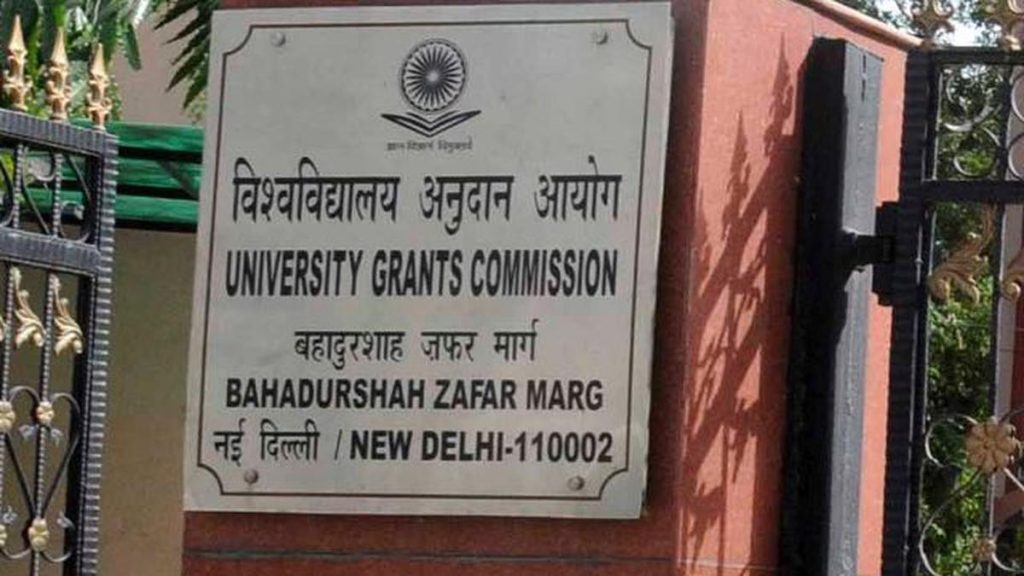Now Reading: Rapido, Uber Restart Bike Taxi Services After Karnataka HC Strikes Down Ban
-
01
Rapido, Uber Restart Bike Taxi Services After Karnataka HC Strikes Down Ban
Rapido, Uber Restart Bike Taxi Services After Karnataka HC Strikes Down Ban

Quick Summary:
- Ride-hailing apps Uber and rapido resumed bike taxi operations in Karnataka on Thursday, August 21, 2025, two months after a government-imposed ban.
- Teh Karnataka High Court criticized the state’s blanket ban as “legally untenable” and lacking significant reasoning.
- Chief Justice Vibhu Bakhru emphasized that bike taxis are permitted in 13 states across India and serve as an affordable solution for urban last-mile connectivity.
- The court rejected the government’s claim that the Motor Vehicles Act prohibits bike taxis, asserting the absence of regulation is not a valid ground for banning them completely.
- Chief Justice Bakhru argued that barring citizens from working due to regulatory gaps violates their constitutional right under Article 19(1)(g).
- No punitive or coercive action will be taken against bike taxi operators pending policy formulation by the state government.
- The Advocate General assured that discussions on creating a comprehensive bike taxi policy would take place at “the highest level.”
- Next hearing scheduled for September 22; Bike Taxi Welfare Association welcomed the court’s stance.
Indian Opinion Analysis:
The resumption of bike taxis in Karnataka following judicial intervention underscores critical issues around policy creation and urban mobility. As Chief Justice Vibhu Bakhru pointed out,these services are essential for cost-effective transportation-a key factor given India’s rapidly urbanizing landscape. The case highlights accountability gaps when governments resort to blanket bans without addressing deficiencies in regulatory frameworks. A forward-looking approach involves balancing legal clarity with economic opportunities while promoting public convenience.
Karnataka’s deliberation on formulating a coherent bike taxi policy could serve as a template nationwide if executed thoughtfully. Considering judicial reminders about constitutional rights, policymakers face an urgent mandate to avoid arbitrary exclusions or decisions unsupported by legal justification. Ultimately, fostering enduring transport solutions like bike taxis benefits commuters’ accessibility while enabling entrepreneurship within India’s gig economy sector.

























